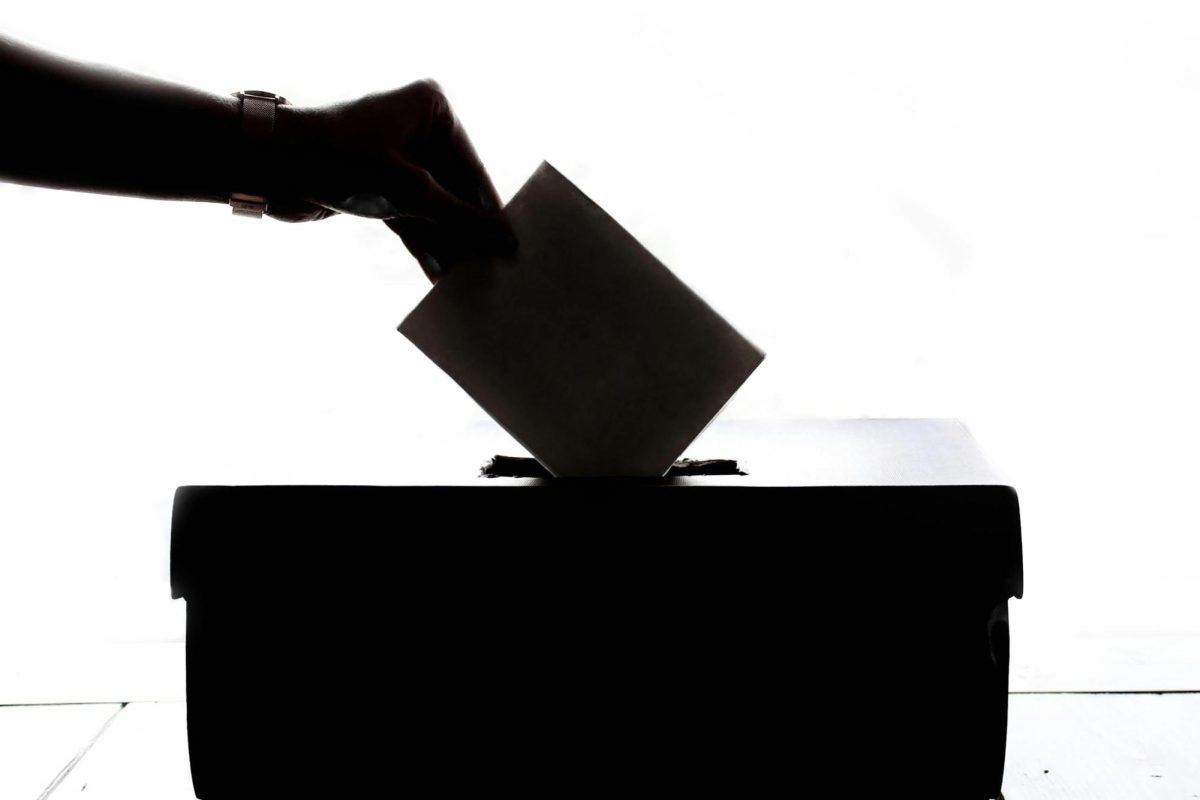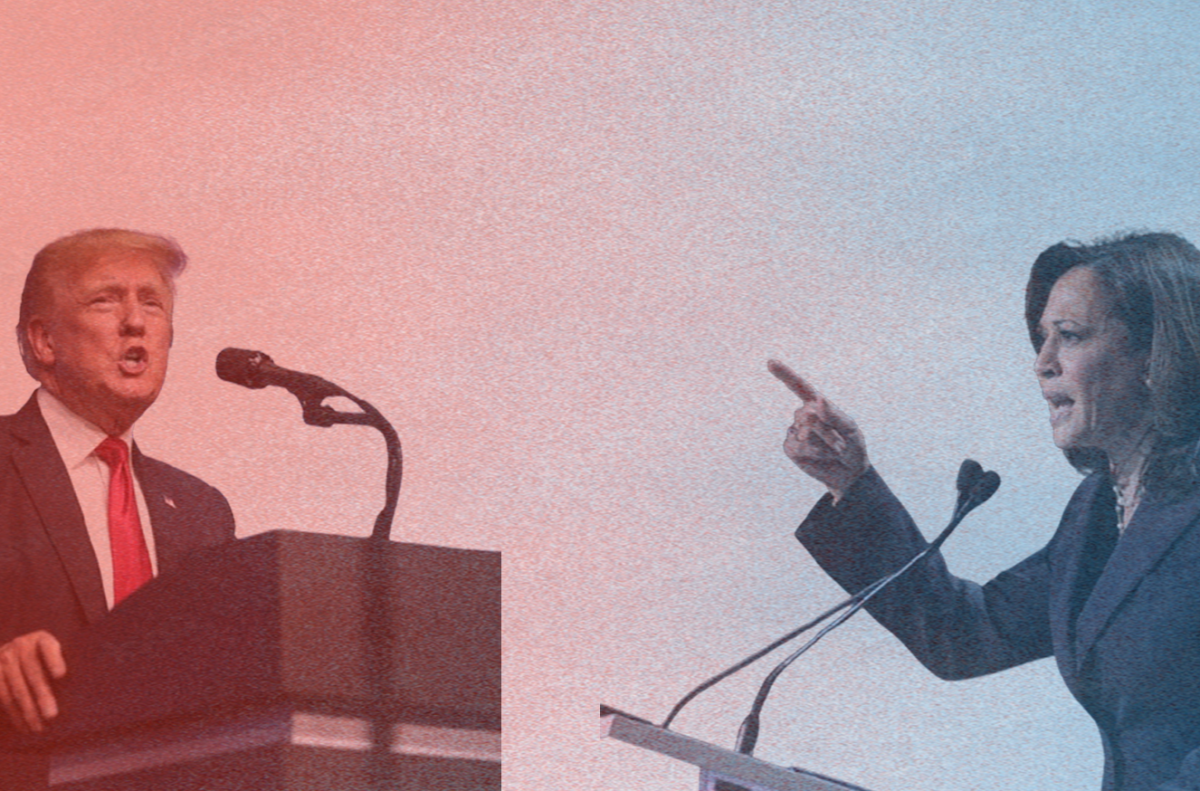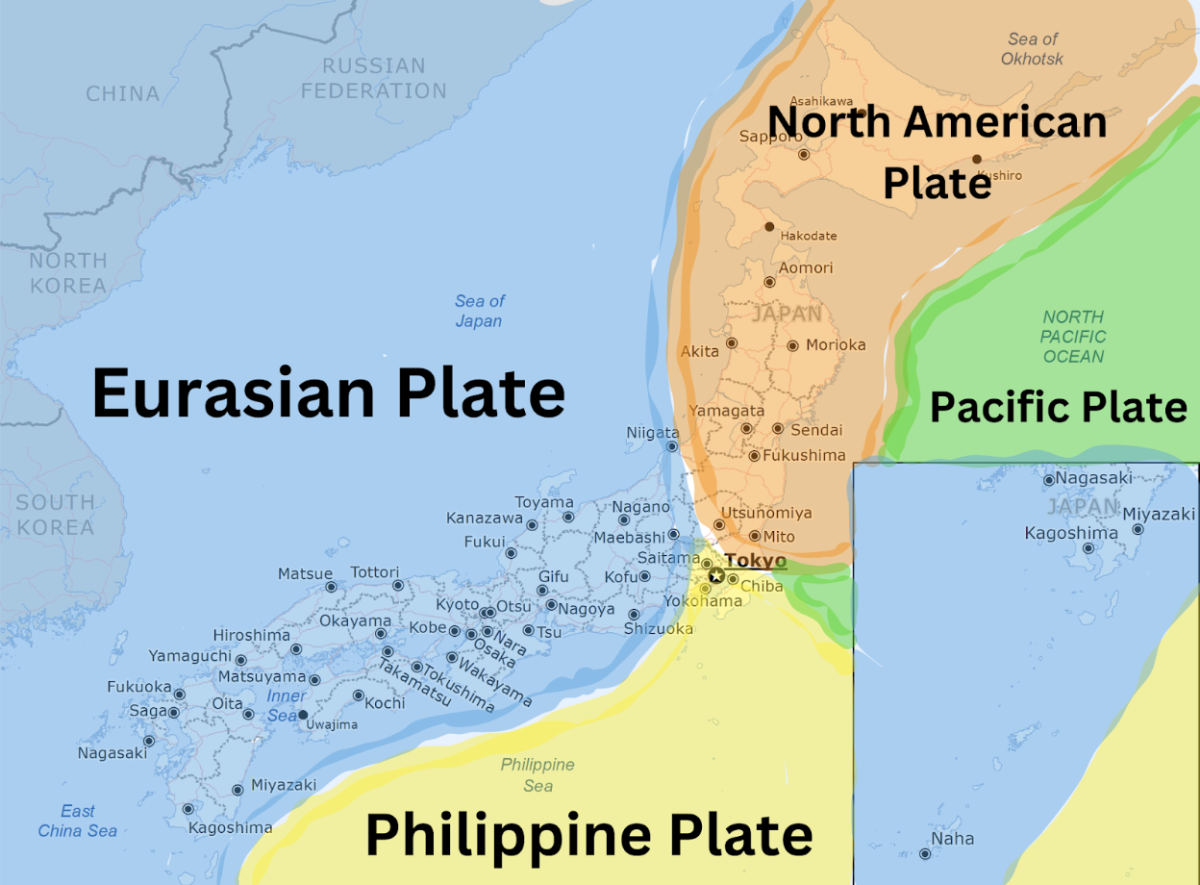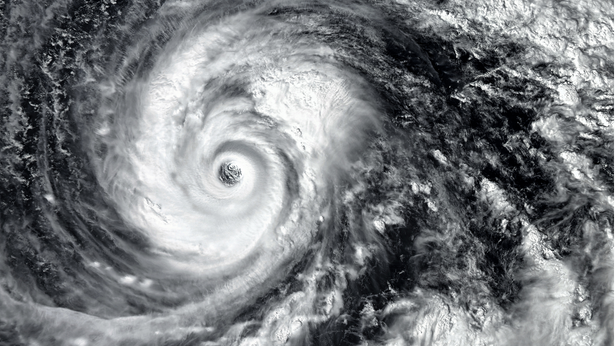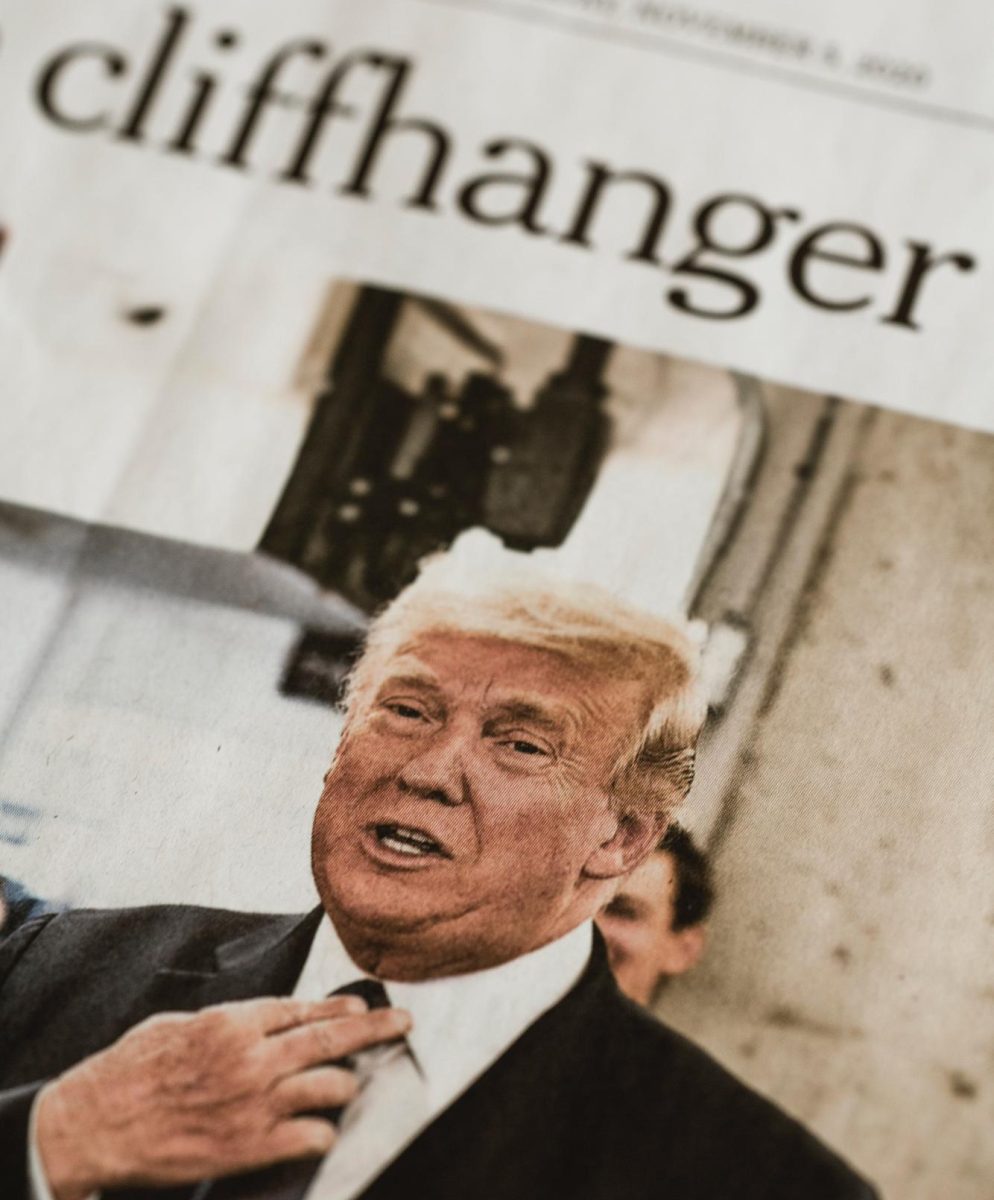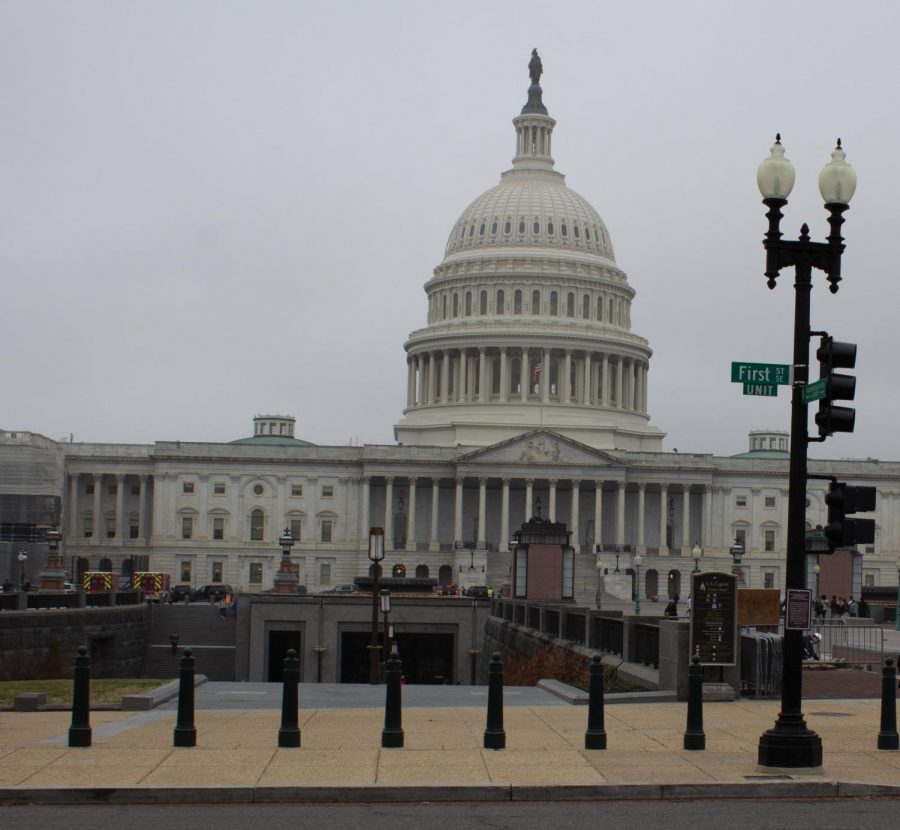Obama’s announcement ends a 50-year stalemate
On Jan. 23, two days of intense negotiations between the United States and Cuba ended with little accomplished. These talks follow President Obama’s December announcement that the U.S. and Cuba had reached a historic agreement, which will begin to thaw the countries’ longstanding feud. After over 50 years of mutual enmity dating back to the Cold War, the U.S. and Cuba will once again exchange ambassadors and work towards a positive relationship. Obama’s announcement comes after the conclusion of 18 months of secret negotiations between American and Cuban representatives. The talks, held in Canada and supported by Pope Francis, ended with an agreement involving concessions from both the U.S. and Cuba.
A key feature of the Dec. 17 agreement was the release of prisoners held by both countries. Cuba freed Alan Gross, an American aid worker imprisoned for “crimes against the state” in 2009, and a secret U.S. spy detained on the island for 20 years – this individual’s name was not released to the public. In exchange, the U.S. agreed to send three Cuban spies back to their homeland. As part of the deal, the U.S. will loosen trade and travel restrictions, including a possible lifting of its longstanding embargo, which dates from 1960 and has been condemned by the international community. Effective Jan. 16, U.S. citizens are now allowed to travel to Cuba for a variety of reasons, including visiting relatives, engaging in research or other projects and participating in events or performances. U.S. debit and credit cards are now valid in Cuba, and American visitors are allowed to take home $400 worth of Cuban products, including Cuban cigars. In addition, the State Department will consider removing Cuba from its list of state sponsors of terrorism, a designation assigned to the island in 1982. For its part of the deal, Cuba will free 53 political prisoners and expand its citizens’ access to the Internet.
Both Obama and Cuban President Raul Castro emphasized that the restoration of diplomatic relations between Cuba and the U.S. offered new opportunities for both countries. Each leader also declared that the deal was to his own country’s advantage. Former Cuban leader Fidel Castro, now in poor health, also publicly approved of the deal in late January after a month of media silence.
Although American and Cuban leaders expressed hope that the restoration of relations will improve circumstances, tension between the countries still exists. Havana perceives Washington’s offer as an attempt to instill democratic values to undermine the communist system, while many in the U.S. remain wary of Cuba’s human rights record. A surge in Cuban migration to the U.S. since Obama’s announcement has also increased friction between the two governments. Since the communist revolution in the early 1960s, Cuban immigrants to the United States have enjoyed a special status: almost anyone coming from the island is considered a refugee. Concerns that this policy could end without warning have motivated Cubans to take the leap now; according to the Washington Post, Cuban migration to the U.S. has surged by 20 percent in the last three months of 2014.
In addition, both countries are experiencing significant domestic opposition to the deal. In the U.S., Sen. Marco Rubio (R-FL) represents the misgivings of many other Cuban Americans, declaring that the Obama administration conceded too much to the Cuban government with no guarantees in return. The issue is not simply partisan, though; some Democrats such as Sen. Robert Menendez of New Jersey, the son of Cuban immigrants, are also vocal opponents. In Cuba, many dissidents fear that the normalization of relations will remove incentives for President Raul Castro to grant more freedoms. Nevertheless, many Cubans celebrated the news because it has the potential to improve economic conditions on the island.
Although the January talks, aimed at reopening embassies, failed to result in substantial agreements between the two countries, the glacial process of restarting relations will continue this year.



